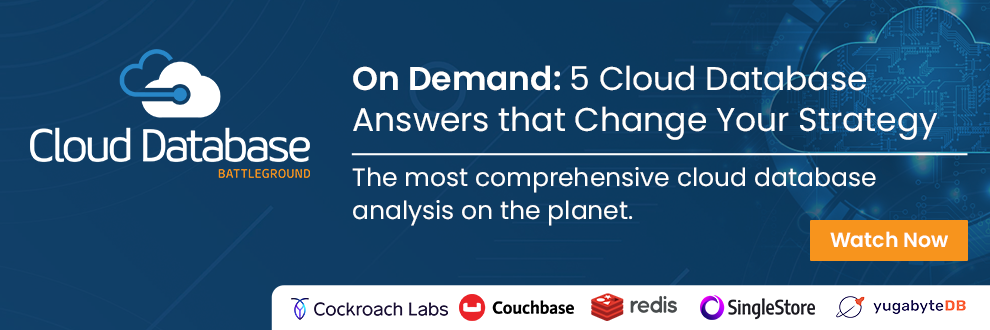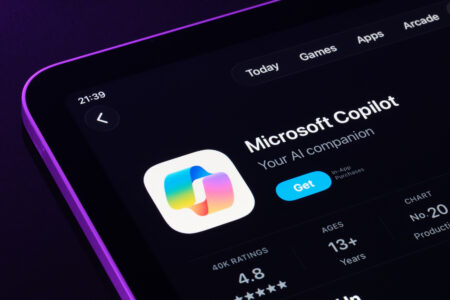
At Acceleration Economy, the massive effect of decentralized blockchain technology in the context of healthcare and the medical field as a whole is one of the most exciting ideas of late.
With healthcare as one of the most promising industries to become first adopters of blockchain tech and other Web3 capabilities, it’s not uncommon to misjudge how disruptive and prevalent this technology will actually be. With the Covid-19 pandemic and subsequent worldwide economic crisis at hand, the pace of disruption is only accelerating — and more necessary than ever.
From better patient care, automation, cybersecurity, R&D for pharmaceutical companies, and more, understanding the scope of blockchain disruption in healthcare is an absolute must to make sense of the current healthcare landscape, which problems it intends to solve, and what the future of healthcare will actually look like.
Let’s explore how blockchain will disrupt healthcare in 2022 and beyond, including:
- Improving Trust in the Medical Tourism Industry
- Better End-to-End Management of the Supply Chain for Pharmaceutical Companies
- Seamless Interoperability between Healthcare Providers
- Increased Acceptance of Cryptocurrency for Healthcare Transactions
Improving Trust in the Medical Tourism Industry
Despite slight contractions in the medical tourism industry, patients seeking better services of medical care abroad remains a thriving industry around the world. With countries such as Turkey, Mexico, and Singapore being among the leading providers of care to foreign nationals, a reliance on cryptocurrency and other blockchain-derived methodologies in medical tourism has become a new priority.
As patients traveling to different countries and regions of the world take advantage of better healthcare and reduced costs, the need for blockchain technologies is more urgent than in domestic healthcare environments. The following are some of the most prominent use-cases where this is most evident:
- Verification of foreign physician credentials by linking certification bodies.
- Patients are relying on blockchain-enabled digital payment platforms to facilitate secure, faster, and direct payments by cryptocurrencies, decreasing the hassles associated with bank intermediation, currency fluctuations, and transaction delays.
- Instant access to medical records stored in the blockchain, which help avoid redundant diagnostic tests and consultations for the patient, as well as provide reliable patient data in an emergency.
- Empower patients to avoid medical fraud through smart contracts, which are self-executing and self-enforcing in nature with predefined rules, procedures, and penalties.
Blockchain or distributed ledger technology appears to be a natural fit for the medical tourism industry, as it offers solutions that disrupt the inherent risks in seeking healthcare abroad. Because many of the aforementioned countries rely on the income from the medical tourism industry as part of economic growth, expect early adopters to gain a competitive advantage over later participants.
Better End-to-End Management of the Supply Chain for Pharmaceutical Companies
The supply chain across all industries has been on everyone’s mind in 2022. In the pharmaceutical industry, many players have entered this space to reduce an estimated $200+ billion in pharmaceutical fraud and inefficiencies.
There are several ways that the blockchain is disrupting traditional methodologies of the pharmaceutical supply chain in favor of newer blockchain possibilities:
- End-to-end traceability to improve data visibility and quality control across global suppliers despite different regulatory structures.
- Reducing criminal activity, including counterfeiting and theft at every step of the manufacturing and distribution processes.
- Tighter collaboration between pharmaceuticals companies and contract manufacturers.
- Optimization of inventory management.
- Creation of new data ecosystems to aid R&D and new product development
As a relevant example, Singapore’s Zuellig Pharma developed an end-to-end traceability solution called eZTracker. This solution uses the SAP blockchain to capture, track, and trace multiple data points to improve supply chain transparency. This platform already saw massive implementation distribution of valid Covid-19 vaccines against counterfeiting and expired vaccines, and shows promise as a permanent solution for pharmaceutical supply chain management.
Seamless Interoperability Between Healthcare Providers
The seamless sharing of patient data among healthcare providers has remained a persistent issue in healthcare, particularly due to the increase in demand due to the urgency of the Covid-19 pandemic’s strain on the system. These bottlenecks reduce overall patient care and outcomes, as critical decisions take more time due to bureaucratic hurdles and compatibility issues.
Among its many uses, blockchain has been prioritized for its immutable characteristics as a way to reduce the “siloing” of EHR (electronic health records) in legacy systems between healthcare providers while remaining secure.
The blockchain tends to these problems with a singular, decentralized ledger to store, verify, and commit patient data that is accessible to HIPAA-authorized professionals. First proposed as far back as 2016, adoption has been slow until practical use cases show real-world implementation and potential.
There have been several pilot projects that are showing potential to improve interoperability in healthcare. Recently, big players in tech like Alphabet Inc.’s Google and national hospital chain HCA Healthcare Inc. struck a deal in mid- 2021 to develop better healthcare algorithms using patient records. Using NFTs, patients have an instantly accessible and verifiable ledger to provide their own data, control who can access it, and even be able to provide the owner of the data with residual income. The goal of NFTs as a vehicle to improve healthcare interoperability is becoming the norm, as other companies are joining this lucrative space.
Increased Acceptance of Cryptocurrency for Healthcare Transactions
With market volatility and widespread inflation impacting nearly every country in the world, the use of cryptocurrency has seen wider acceptance among healthcare providers.
In the United States, prominent hospitals have offered cryptocurrency payments since as early as 2014, including Mayo Clinic, Mercy Hospital, Bethesda Hospital East, and Cleveland Clinic — among many others.
Outside of the U.S., many countries have legalized the use of cryptocurrency, opening the door for medical providers to accept this form of payment when fit currencies fluctuate drastically.
Final Thoughts
Already midway through 2022, the blockchain has already shown promise to disrupt the global healthcare industry. With the increased adoption of blockchain and its related technologies, expect even more transformations across the entire healthcare sector in the coming months.







